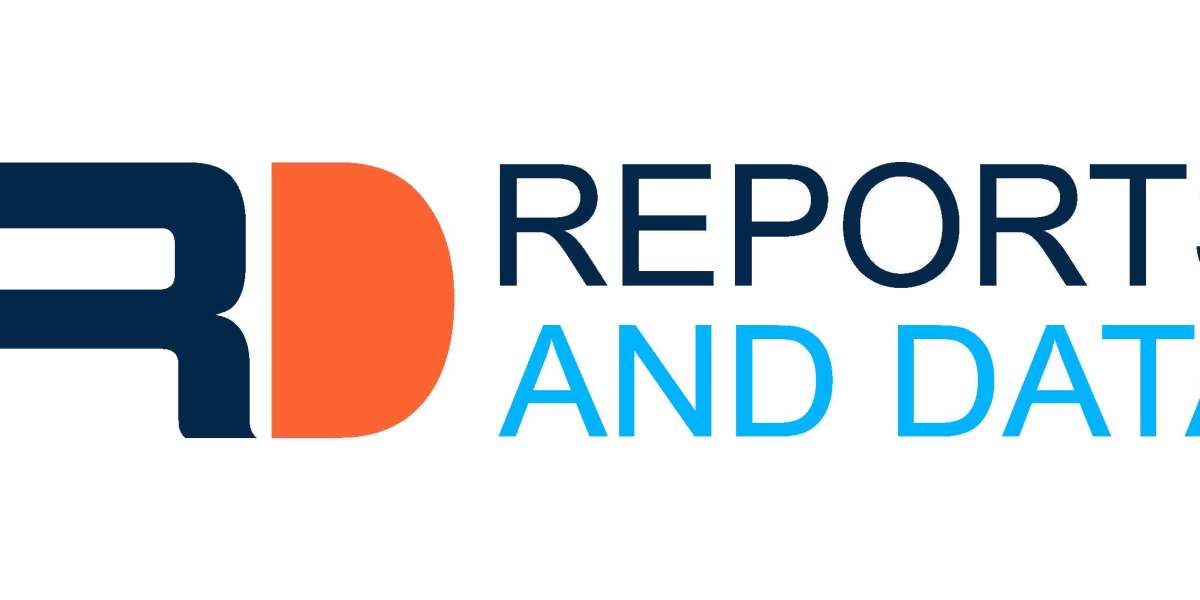Studying in the United States as an international student ehall opens doors to world-class education and diverse cultural experiences. However, navigating the process can seem daunting at first. From visa requirements to cultural adjustments, here's a comprehensive guide to help you achieve your dream of studying in the USA.
Introduction
The USA is renowned for its top-notch educational institutions and vibrant student life. For international students, the journey begins with understanding the steps and requirements involved in securing admission and thriving academically and socially.
Understanding Visa Requirements
International students typically need a student visa (F-1 visa) or an exchange visitor visa (J-1 visa) to study in the USA. Each visa type has specific eligibility criteria and application processes. It's crucial to determine which visa suits your academic program and future plans best.
Types of Visas Available
- Student Visa (F-1 Visa): Ideal for full-time students enrolled in academic programs.
- Exchange Visitor Visa (J-1 Visa): For students participating in approved exchange programs.
Choosing the Right Program and Institution
Selecting the right institution is pivotal. Factors such as accreditation, program reputation, and location play significant roles in shaping your academic journey and overall experience in the USA ehall pass.
Accreditation and Reputation
Ensure your chosen institution is accredited by recognized bodies to guarantee the quality and recognition of your degree.
Popular Fields of Study
From STEM disciplines to liberal arts, American universities offer a wide array of programs tailored to different academic interests.
Location Considerations
Consider the cultural, social, and geographical aspects of the location where your institution is situated to enhance your overall experience.
Language Proficiency Requirements
Most universities require proof of English proficiency through standardized tests like TOEFL or IELTS. Alternatives may be available depending on your academic background and the institution's policies.
TOEFL and IELTS Exams
These exams assess your ability to comprehend and communicate in English effectively, essential for academic success in an English-speaking environment.
Alternative Language Proficiency Tests
Some universities accept alternative tests or assess language skills through interviews or written assignments.
Financial Considerations
Studying in the USA involves significant financial planning, including tuition fees, living expenses, and healthcare costs.
Tuition Fees and Living Expenses
Research and plan your budget carefully, considering tuition fees and estimated living expenses in your chosen location.
Scholarships and Financial Aid Opportunities
Explore scholarships, grants, and financial aid options offered by universities, private organizations, and government agencies to ease your financial burden.
Application Process
The application process varies by institution but generally includes submitting academic transcripts, standardized test scores, recommendation letters, and a personal statement.
Required Documents
Prepare all required documents well in advance to meet application deadlines and ensure a smooth application process.
Application Deadlines
Be mindful of application deadlines, which may differ between institutions and academic programs.
Application Fees
Some universities charge application fees, so budget accordingly and explore fee waiver options if available.
Preparation for Standardized Tests
Depending on your academic program, you may need to take standardized tests such as SAT/ACT for undergraduate studies or GRE/GMAT for graduate programs.
SAT/ACT Exams
Undergraduate programs often require SAT or ACT scores as part of the admission process.
GRE/GMAT
Graduate programs typically require GRE (Graduate Record Examination) or GMAT (Graduate Management Admission Test) scores.
Understanding Cultural Differences
Adapting to a new culture can be challenging but rewarding. American universities offer support services to help international students integrate smoothly.
Cultural Adaptation Challenges
Prepare for cultural differences in classroom etiquette, social interactions, and everyday life.
Support Services for International Students
Take advantage of orientation programs, cultural clubs, and counseling services offered by universities to ease your transition.
Health Insurance and Healthcare
Health insurance is often mandatory for international students in the USA, ensuring access to necessary healthcare services during your stay.
Mandatory Health Insurance Requirements
Understand and comply with your university's health insurance requirements to avoid any issues related to healthcare access.
Access to Healthcare Facilities on Campus
Universities typically provide healthcare services on campus or can guide you to local healthcare providers.
Housing Options
Consider your housing preferences, whether on-campus dormitories or off-campus apartments, when planning your accommodation.
On-Campus Housing
Living on campus can offer convenience and a community atmosphere conducive to academic success.
Off-Campus Housing Considerations
Explore off-campus housing options, considering factors like proximity to campus, affordability, and amenities.
Employment Opportunities
International students in the USA may have opportunities for on-campus employment and, in some cases, practical training related to their field of study.
On-Campus Employment Rules
Understand the rules and limitations for on-campus employment while maintaining your student visa status.
Optional Practical Training (OPT) and Curricular Practical Training (CPT)
OPT and CPT are programs that allow international students to gain practical experience related to their academic field while still in school or after graduation.
Adapting to the Academic Environment
The academic environment in American universities emphasizes critical thinking, active participation, and independent study skills.
Classroom Dynamics
Engage actively in discussions, group projects, and academic research to maximize your learning experience.
Academic Support Resources
Take advantage of tutoring services, writing centers, and faculty office hours to enhance your academic performance.
Social Integration and Activities
Participate in student clubs, cultural events, and community service activities to enrich your social life and broaden your cultural understanding.
Joining Clubs and Organizations
Find clubs and organizations that align with your interests to meet new people and explore extracurricular activities.
Exploring Local Communities
Immerse yourself in the local community to experience American culture beyond the university campus.
Legal Obligations and Responsibilities
As an international student, it's crucial to comply with US immigration laws and university policies to maintain your legal status.
Maintaining Legal Status
Stay informed about visa regulations, reporting requirements, and any updates that may affect your stay in the USA.
Reporting Requirements
Report changes in your academic program, address, or immigration status promptly to the designated university office.
Conclusion
Studying in the USA offers unparalleled opportunities for academic and personal growth. By understanding visa requirements, choosing the right program, and adapting to the academic and cultural environment, international students can thrive in their educational journey.
FAQs
Can international students work while studying in the USA?
- Yes, international students can work on-campus part-time during the academic year and full-time during breaks under certain conditions.
What are OPT and CPT, and how do they benefit international students?
- OPT (Optional Practical Training) and CPT (Curricular Practical Training) are employment programs that allow international students to gain practical experience in their field of study.
How do I find scholarships for international students in the USA?
- Research scholarships offered by universities, government agencies, and private organizations. Many institutions offer merit-based and need-based scholarships for international students.
What should international students expect during the visa interview process?
- Prepare by reviewing visa requirements, documents, and anticipated interview questions. Be ready to discuss your academic plans and ties to your home country.
How can international students adjust to the academic expectations in US universities?
- Take advantage of academic support services, attend orientation sessions, and communicate with professors to understand expectations and requirements.








